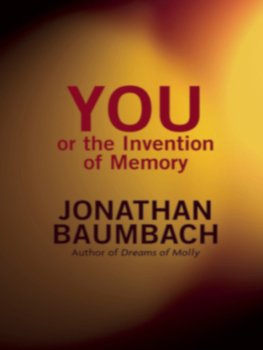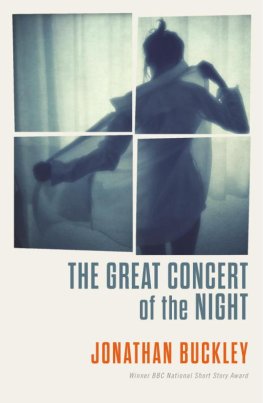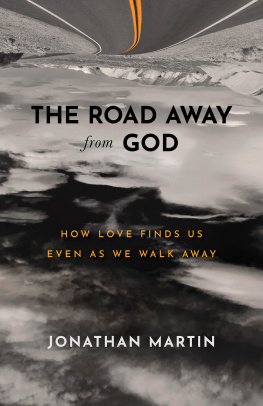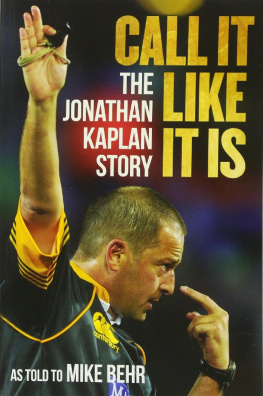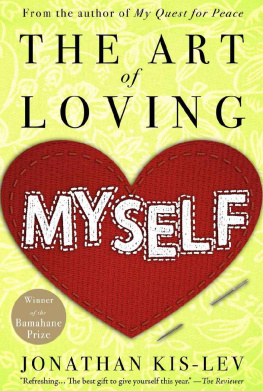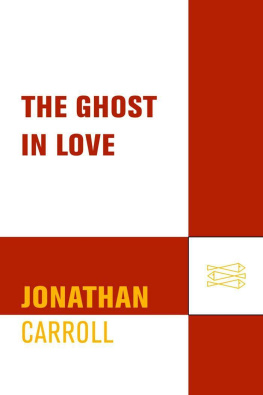Jonathan Baumbach
You, or the Invention of Memory
I remember nothing as it was.
What I remember all I remember is at it is.
MIGUEL FUNES (translated by the author)
You are warily approaching the first sentence of my new novel, not wanting to be taken unaware, or not wanting to be plunged into something from which there is no perceptible exit or perhaps both at once, separate and inseparable concerns.
The opening sentence, with your unspoken consent, has edged its way into the barely remembered past.
You are now looking at the third sentence of this still untitled work. I imagine you reading my words as they come to mind so in a certain sense you can say that I am writing them for you, which is only true in the most reductive context. I am writing this novel because writing novels is what I do and my inner clock tells me this is just a metaphor, you understand, I have no inner clock that the moment has come to put everything else aside and begin the next chapter in my extended story as novelist. There is no particular reason why I am beginning now and not last month or tomorrow or the week after next. Thats just the way it happened to play out.
It was, in fact, this morning, after my breakfast of muesli with fourteen slices of banana and a touch of yogurt, after checking out last nights scores, after taking my 7-minute shower, that the book you are reading announced its intention to get its not quite fully imagined presence on the page.
Let me say, before I get on with the game, why I imagine you as my reader and not someone else. Writing a novel for all its aggressive gyrations, for all its assaultive and invasive aspects, is a gesture of love between writer and reader. In whatever transactions there have been between us over the years, I am aware that you have been the more loving. So this novel, which Im writing with you in mind as its reader, is a way, as I see it, of redressing that discrepancy. I realize that this is a displaced gesture, but given my emotional limitations it is tantamount to taking off my clothes under a spotlight on a public stage. No appreciation is asked for or expected. But thats not absolutely true. Relying on your generosity, I hope that you will stay with me, even in the face of disappointment, to the final gesture of this book the last word of the last sentence.
Before I get too far along, Id first like to get your opinion of the novels informing idea, which is this. A writer, not me exactly, though someone so much like me that only you could tell us apart, is addressing his not-yet-fully-conceived novel to an unnamed woman, known only as you, who is, though you might not see it this way at all, a coded version of you. The novel, while not itself a love letter, is offered as an expression of love in that it is written with a sustained vision of you processing each word.
You may find this a larger burden than you want to take on and, if so, I apologize in advance. Still, Ive disguised the facts of our not easily definable relationship sufficiently to protect your privacy. Whatever other readers choose to think, no one can know absolutely that the you of the novel is you unless you make a point of acknowledging it. You may even have your doubts fiction, as you know, is its own code but all I can do is assure you that if its not you, its no one else.
So thats the premise of this book, or, if you will, its argument. Wheres the universality, you might ask, or someone less generously disposed, a critic perhaps, might ask. Its universality is in its particulars, I am quick to answer, but you are right to think that my reply is evasive. Where are its characters beyond the generic abstractions of you and me? Whats the story it wants to tell?
All of these questions will be answered, I want to believe, at some point in the proceedings, or possibly not. The fact is, I dont have a clue right now as to what comes next. The book you are reading are you still with me? is making itself up, catch as catch can, as it goes along.
I am hoping to tell a story that, among a universe of stories, would be the one, if you had world enough and time, you would like most to read while reclining in your queen-sized bed, head propped up at a 60 degree angle on a cushion of three goose down pillows. My knowing your favorite authors is of no help, is of negative help, in the present situation. To imitate a book you (and I) admire would be to offer, inescapably, a secondhand pleasure. I also happen to know how much you dislike false sentiment so, insofar as Im in control of what Im doing, youll find no appeals, spurious or otherwise, to the oversubscribed heart.
Of course placing all these restrictions on my narrative makes it a little tricky to get the ship out of port.
What I may have to do, assuming a certain sympathy between us, is write the book necessity and obsession dictate and trust that you will find its story at once familiar and strange. It will be a test case for both of us in that if the book means nothing to you neither of us is the person the other imagined.
Of course if you dont respond to the book, if you dont love it so to speak, it may only be that I have failed to realize my vision.
I am considering telling two stories, on the surface quite different from one another, spliced together in alternating sentences. Not alternating sentences perhaps that might give you a headache or cause you to throw the book against the wall, which could cause damage to the spine but, say alternating paragraphs or alternating pages. I might have to settle for alternating chapters.
For as long as Ive known you, youve been an unblushing admirer of the bold and unexpected. The book I am writing with you in mind will be nothing if not unexpected.
I am trying to remember the first time I was aware of your existence. We were at a large party, as I recall, and I noticed you on the other side of the room talking to someone I knew slightly. It struck me that I might go over to this distant acquaintance and say hello and so wangle an introduction, but then you moved on to someone else or someone engaged me in a conversation and I lost sight of you. Eight months passed before I saw you again.
Leaving the party, we rode down together in a crowded elevator, each looking at our shoes. Of course, I can only really speak for my own averted glance but given the sympathy we shared from the outset, I imagine we were both employing the same evasive tactic.
My shoes, as I recall, were New Balance cross trainers with an ostentatious gray and yellow design.
Years later, when we were already friends, I never mentioned to you that I had been aware of you, had kissed your knee, the left I believe (perhaps it was the right) in the imaginations overheated bedroom, long before we were introduced.
Its odd, but I cant remember the occasion when we were actually presented to one another, which only means that our relationship begins and ends for me in the conflation of memory and fantasy, and the literal moment of our meeting is unimportant, just a passing blip in an extensive continuum.
Perhaps we introduced ourselves and this meeting I cant remember took place in another elevator in a different building going up to the penthouse apartment of another party.
Weve met before, I said to you (I believe).
Have we? you said, studying my face for clues. Im sure I would have remembered.
Thank you, I said and you looked oddly at me then. What I took to be a compliment, that I was unforgettable in some not easily defined way, had been meant as something else. I think it was what I admired most about you, your capacity to keep those who aspired to get close to you slightly off-balance. You were seeing someone, you let me know, though you accepted my offer to go somewhere for a cup of coffee. That may have been another time, a time I bumped into you at a publication party at an overcrowded West Side apartment, and Ive dovetailed the two in memory.

